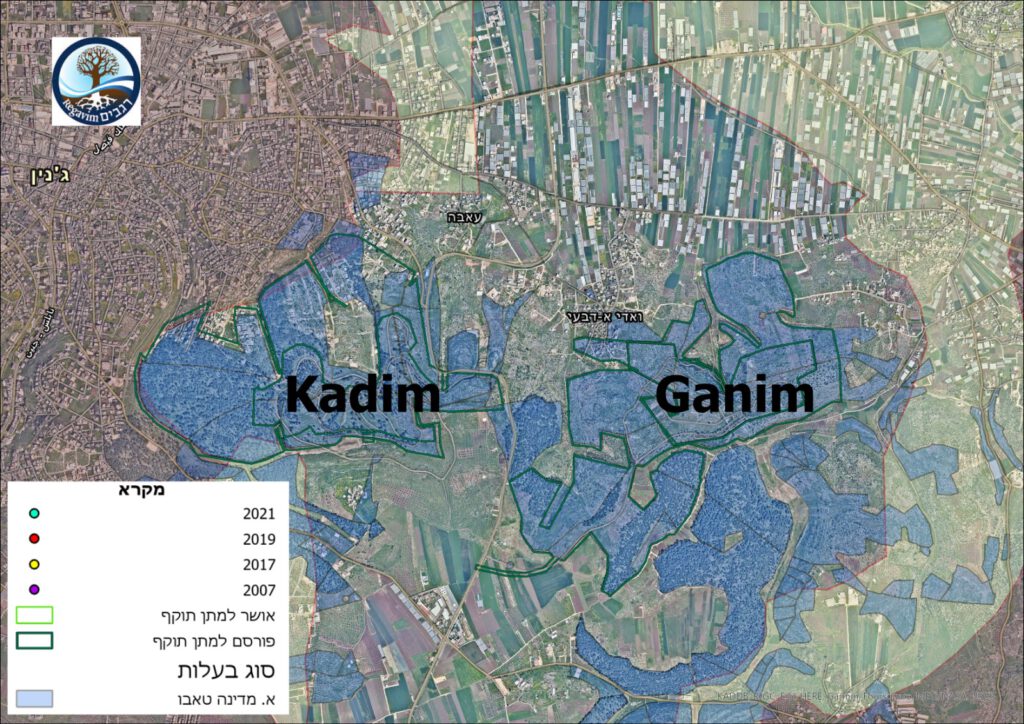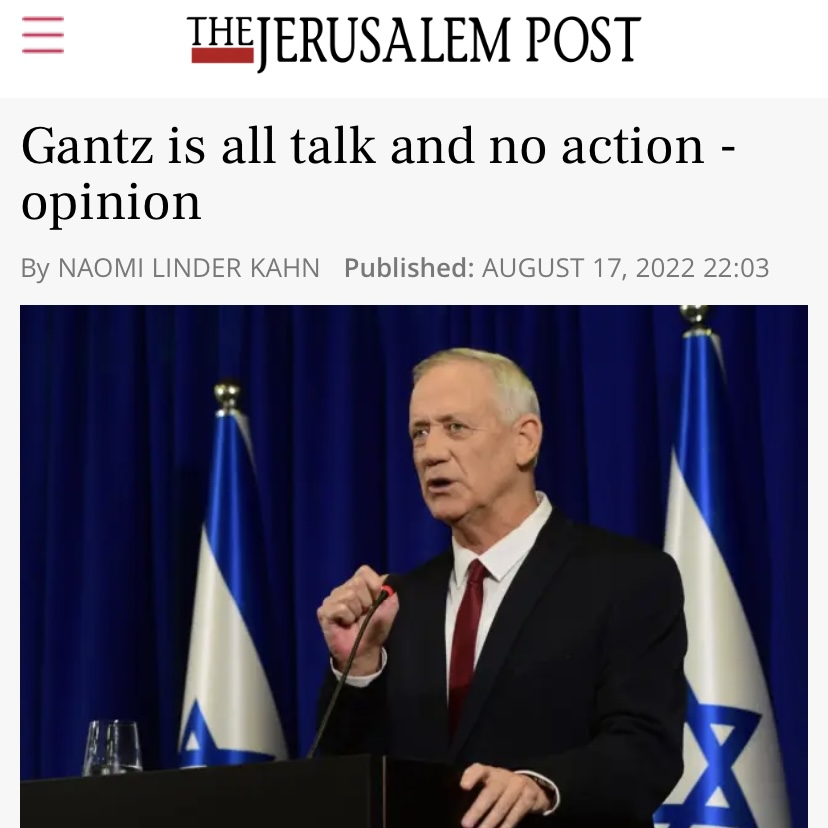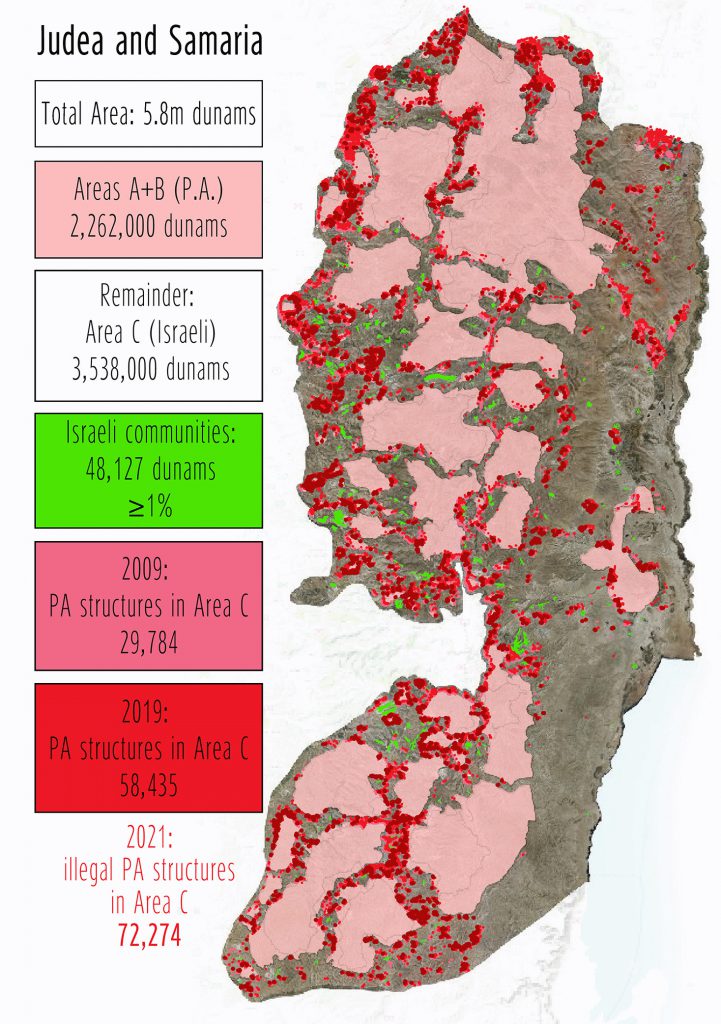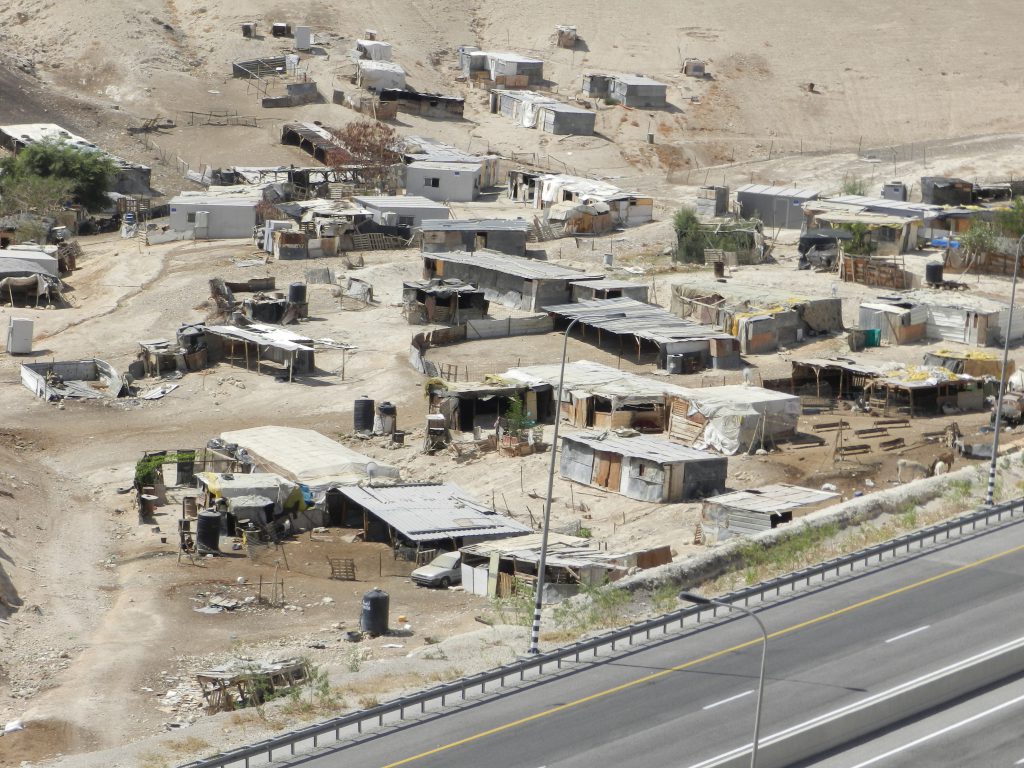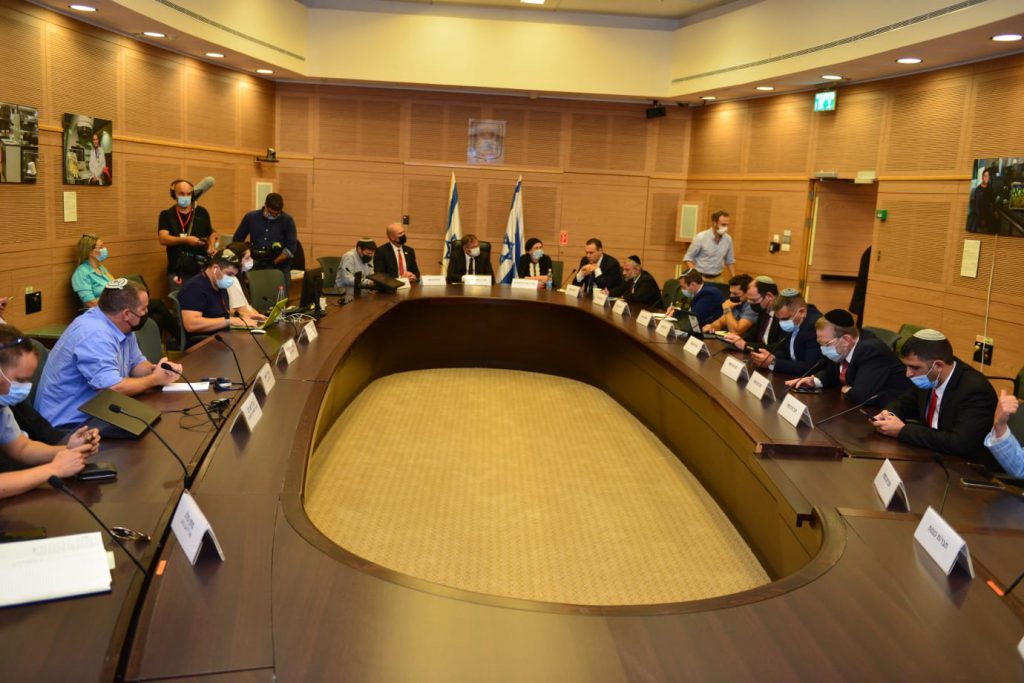In a hearing of the Foreign Affairs and Defense Committee on the repeal of the Disengagement Law, Avraham Binyamin last week, Director of Regavim’s Policy Division, presented documentation of massive illegal Palestinian construction in northern Samaria in general, and particularly on the ruins of the Ganim, Kadim and Sa-Noor communities that were de-populated as part of the 2005 disengagement plan. The aerial photographs presented to the Committee show thousands of illegal Arab structures in Area C, the portion of Judea and Samaria under full Israeli jurisdiction – hundreds of them built only in the past year.
Far worse than the staggering quantity of this illegal construction is its strategic quality: These illegal structures create a land bridge between blocs of Palestinian Authority-controlled Area B settlements, undermining the Oslo framework that left the question of territorial contiguity under Palestinian Authority control for a negotiated resolution.
“The 2005 Disengagement Law is one more element abetting the creation of a terrorist state in the heart of the Land of Israel,” said Binyamin, who presented aerial photos of large-scale illegal construction in the region. “The land on which the de-populated Jewish communities of northern Shomron once stood – Ganim, Kadim, Sa-Noor – have been overtaken by illegal Arab construction, despite the fact that the IDF ostensibly retains control of the territory.”
“By emptying the northern Shomron communities of their Jewish residents, the Disengagement Law opened the door for Palestinian Authority annexation of the territory which the Civil Administration has done absolutely nothing to prevent,” he added.
Meir Deutsch, Director General of Regavim, released a statement following the Knesset hearing: “Nearly a century ago, Joseph Trumpeldor summarized an essential truth of the Zionist ethos that is no less relevant today than it was in the pre-State era: “The place where the last row is plowed will be the border of our country.” Land on which there is no Jewish presence will be lost. Settlement and security are not only related, they are inseparable.”
“The false prophecies of the architects of the “disengagement,” who claimed that ceding territory would enhance Israel’s security, continue to blow up in our faces. Precisely because there is no longer a Jewish presence on the ground, there is no security. The borders of the State of Israel are being re-drawn by the Palestinian Authority – without negotiation, without compromise, in ways that threaten the security of the entire State of Israel. It is long past time to reverse this disastrous policy.”




